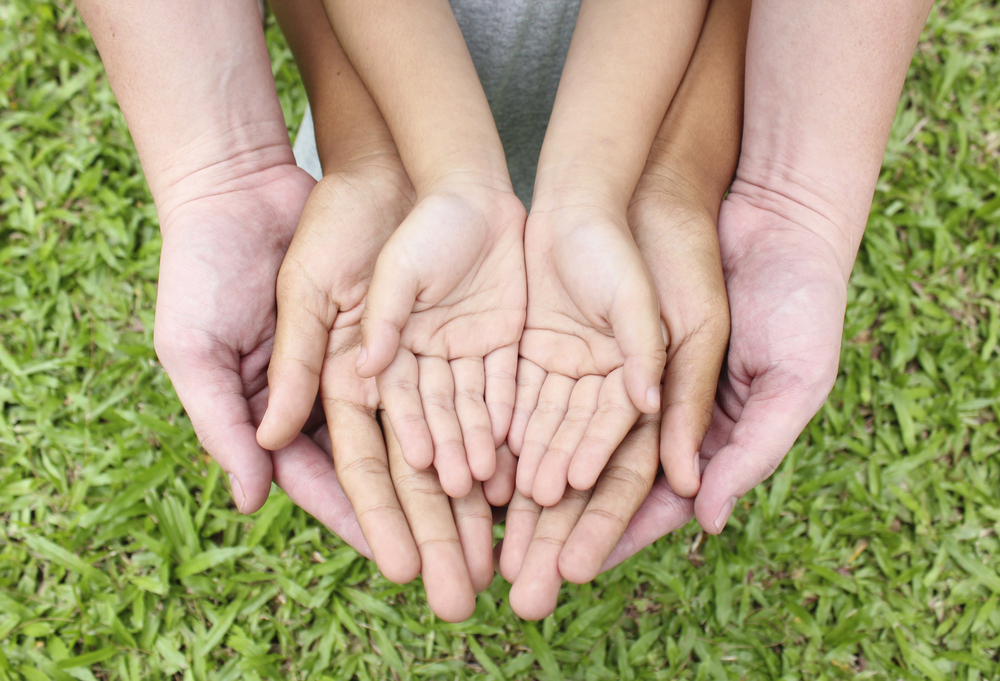Ahead of World Mental Health Day, Wendy Cobb, Senior Lecturer in the Faculty of Education and Mary Taylor, Head of Programmes at Charity Family Links explore how Relationships and Sex Education (RSE), to be made compulsory in schools, can support the development of social connectedness with families, schools and communities.
The main theme of World Mental Health (WMH) Day this year is ‘suicide prevention’. According to the Office of National Statistics, teenage suicide increased by 67% in England and Wales between 2010 and 2017. In promoting WMH day, Federation for Mental Health President Trimboli reminds us that suicide is preventable ‘which is why all of our efforts and public policies should focus on prevention’.
The risk factors for suicide are complex, with many relating to the concept of connectedness. Research suggests that social connectedness plays a key role in alleviating suicidal thoughts and behaviours among adolescents. Children develop strong social networks through positive family relationships and through opportunities to build relationships with others both at school and within the wider community.
The recent policy drive to make Relationships and Sex Education (RSE) compulsory in schools recognises a consensus within the profession that RSE is vital for the development of healthy relationships and social connectedness. Given that the guidance is being introduced at a time when parliament is described as ‘a place of fear and loathing’, when child activists are attacked in the media and there is an increasing awareness of the life-long impacts for children who have adverse childhood experiences (ACEs), the need for a renewed focus on the development of healthy relationships nationally is compelling. It is more important than ever that children are given the opportunity to experience responsive adults who can help them to develop the core life skills that they need to develop and maintain healthy relationships throughout their lives. It is equally crucial that teachers and parents are supported in working in partnership to create the positive lived experiences which enable children to thrive. That is why we continue to promote positive learning relationships through our teacher training programmes and why we are privileged to work with a network of student and teacher ambassadors who prioritise social and emotional health at the heart of teaching and learning.
But have the ‘parental consent’ debates around the teaching of sex education diverted our attention from a fundamental need for schools to make the development of emotionally healthy learning relationships the core of their purpose? The RSE guidance recognises that many schools will choose to teach the compulsory content within a wider programme of Personal, Social and Health Education (PSHE). Now is an opportune time for school leaders to review their Behaviour and PSHE policies and replace these with a foundational Relationships policy which establishes a culture of social connectedness and belonging that supports the whole community.
We are all relationships teachers. With the current teacher recruitment crisis in schools, worrying mental health statistics and the media highlighting a loneliness epidemic, there is an urgent need for relationships policies that support the development of social connectedness within families, schools and communities. RSE is more than just sex; but perhaps we need to make Relationships Education appear just a little sexier.
Wendy Cobb is Senior Lecturer and Emotional Health Project Lead in the Faculty of Education wendy.cobb@canterbury.ac.uk
Mary Taylor is Head of Programmes at the Charity Family Links mary.taylor@familylinks.org.uk
 Expert comment
Expert comment Emma Grafton-Williams
Emma Grafton-Williams 2032
2032


